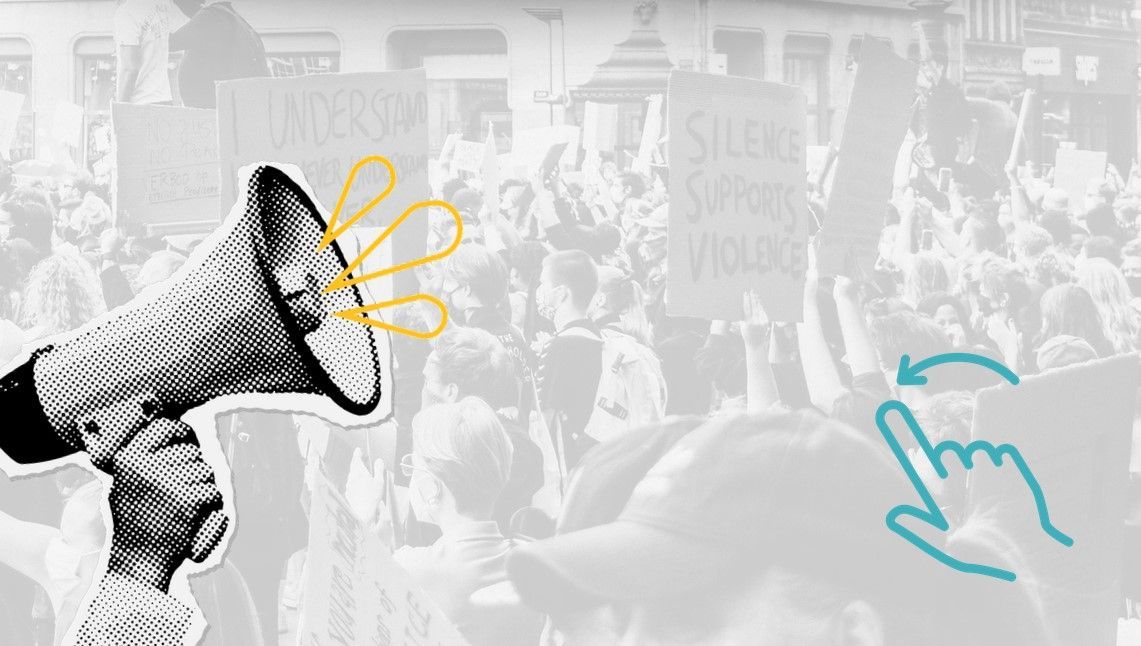Demand EU to stop eel fishing
28 environmental organizations demand that the EU Commission will stop all eel fishing in Europe along with other needed action to halt the human induced eel mortality until the stock has reached sustainable levels.
Even though the European Eel (Anguilla Anguilla) is listed as ´critically endangered´ by International Union for Conservation of Nature (IUCN) the EU still allows extensive eel fishing in Europe.
In an open letter to Environmental Commissioner Karmenu Vella, a total of 28 environmental organizations, including Coalition Clean Baltic and its member organizations Danish Society for Nature Conservation and Swedish Society for Nature Conservation, strongly criticize the EU for allowing eel fisheries. Another major human induced threat to eels are hydroelectric dams the eels get trapped and killed in.
Demand a complete fishing stop
In the letter, the organizations point out the paradox in that if the European eel had been included in EU´s list of endangered species in Annex II or Annex IV of the EU Habitats Directive, fishing of eel would have been terminated long ago. The organizations recommend a complete stop for both recreational and commercial fishing of eel until the stock has recovered.
Over the past 25 years the population has decreased by 90 percent. In 2007, the scientific advice from ICES was to minimize all human activity threatening the European eel. In 2008, the eel was listed as critically endangered by IUCN and since 2007 it has been listed on CITES (the Convention on International Trade in Endangered Species of Wild Fauna and Flora) Appendix II. Meaning that, exports outside of Europe have been banned due to concern over the decline in recruitment and stocks, however, trade continues within the EU and from non-EU countries within its range to other non-EU countries.
A unique life cycle
The European eel is a unique specie with a special life cycle. Its journey starts in the Sargasso Sea, in about 2000 km wide elliptic zone, from where it floats with the Gulf Stream up to Europe. As an example, the distance from Sweden to the Sargasso Sea is 7000 km! At this larval stage the eel is sexually undifferentiated and called “glass eel”. At later stage when it has entered the European river mouths and migrates upstream in fresh water the eel is first called “elvers” and later “yellow eel”. At about 5-20 years of age the eel, now called “silver eel”, has reached sexual maturity and leaves the fresh waters in Europe to migrate all the way back to the Sargasso Sea to spawn. Adults are assumed to die after spawning. 1
CLICK HERE to read the Open Letter to EU Commissioner Karmenu Vella.
Image: Dmitriy Konstantinov
Below is a list of the 28 environmental organizations standing behind the letter:
Austria:
UMWELTDACHVERBAND
EU UMWELTBÜRO
Belgium
SEA FIRST FOUNDATION
Croatia:
SUNCE – ASSOCIATION FOR NATURE, ENVIRONMENT AND SUSTAINABLE DEVELOPMENT
Cyprus:
FEDERATION OF ENVIRONMENTAL ORGANISATIONS OF CYPRUS
Denmark:
DANISH SOCIETY FOR NATURE CONSERVATION
WWF DENMARK
DYRENES BESKYTELSE
NATURHISTORISK FORENING FOR NORDSJÆLLAND
DANMARKS SPORTSFISKERFORBUND
EU:
COALITION CLEAN BALTIC
GREENPEACE EU
Ireland:
AN TAISCE – THE NATIONAL TRUST FOR IRELAND
IRISH SEAL SACUNTARY
Luxemburg:
LUXEMBURG – NATUR & ËMWELT
The Netherlands:
DE FAUNABESCHERMING
DIEREN BESCHERMING
WWF NETHERLANDS
WISSENBESCHERMING
GOOD FISH FOUNDATION
SPORTVISSERIJ NEDERLAND
NORTH SEA FOUNDATION
Portugal:
SCIAENA
LPN – LIGA PARA A PROTECÇÃO DA NATUREZA
Sweden:
SWEDISH SOCIETY FOR NATURE CONSERVATION
Great Britain:
MARINE CONSERVATION SOCIETY
BUGLIFE
USA:
MARINE CONSERVATION INSTITUTE
Interested to know more about the European Eel? Read HELCOM´s species information sheet.

